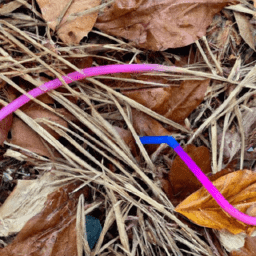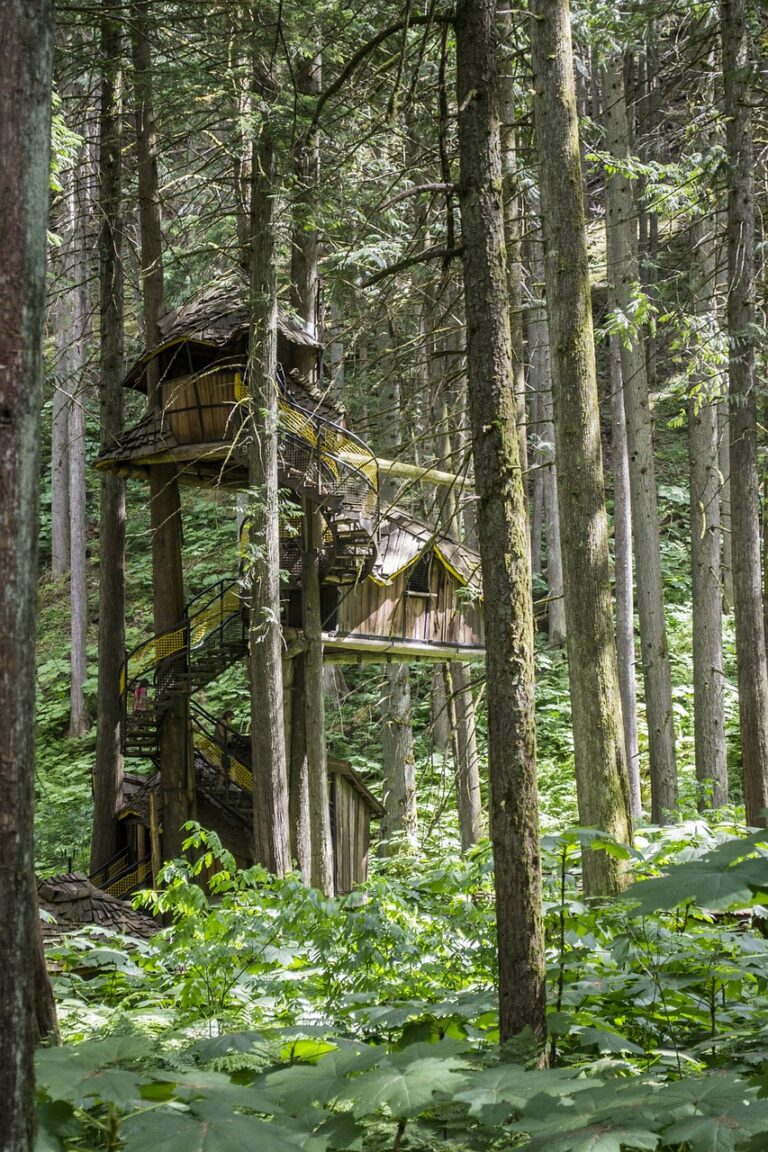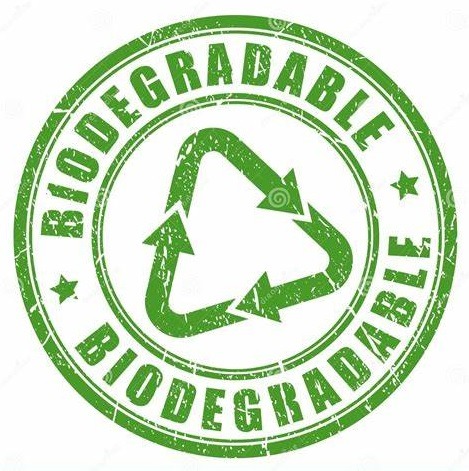FlexSea’s Plastics Revolutionize Packaging
FlexSea’s biodegradable plastics revolutionize packaging solutions, offering a sustainable alternative to conventional plastics. These innovative materials derived from seaweed break down in weeks, addressing the environmental impact of plastic waste. With £3 million in investment and grants, FlexSea is poised to make a lasting difference in the fight against plastic pollution.
FlexSea, a startup with its roots at Imperial College London, has attracted a £3 million investment to support its game-changing biodegradable plastics. The company aims to address the environmental impact of conventional plastics by developing packaging solutions derived from seaweed that break down in a matter of weeks. This revolutionary technology has the potential to transform the way we consume plastic and significantly impact the sustainability of our planet. With the support of investors and grants, FlexSea is poised to take its sustainable packaging solutions to the next level and make a lasting difference in the fight against plastic waste.
This image is property of www.imperial.ac.uk.
FlexSea’s Biodegradable Plastics Revolutionize Packaging Solutions
FlexSea, a startup that originated at Imperial College London, has recently secured an impressive £3 million investment in equity and grants for its biodegradable plastics. This significant seed round will allow the company to commercialize its range of sustainable packaging solutions that are derived from seaweed-based plastics. The aim is to address the detrimental impact of conventional plastics on the environment, specifically the long-lasting persistence of single-use plastics in the ocean. Unlike traditional plastics, FlexSea’s biodegradable alternatives break down within a matter of weeks in both marine and soil environments, offering a promising solution to the plastic pollution crisis.
The potential of FlexSea’s biodegradable plastics extends far beyond simply providing an alternative to conventional plastics. By changing the pattern of human consumption of plastic, FlexSea has the power to shape the sustainability path of our planet. Stephan Morais, the Managing General Partner of lead investor Indico Capital, recognizes this potential and highlights the importance of supporting FlexSea’s founders in their journey towards product development, global partnerships, and commercialization.
In addition to Indico Capital, FlexSea’s impressive list of investment participants includes RedRice Ventures, Btomorrow Ventures, Food Foundry, Vala Capital, ICON Capital, and Pente Capital. To further support their mission, FlexSea has also been awarded £1 million in grants from Innovate UK and other institutions.
Addressing the Impact of Conventional Plastics
The catastrophic impact of conventional plastics on the environment cannot be overstated. Single-use plastics, in particular, pose a significant threat as they persist in the ocean for hundreds of years after being discarded. This accumulation of plastic waste has devastating consequences for marine life and ecosystems. However, FlexSea’s biodegradable plastics offer a solution to this problem. Unlike traditional plastics, these innovative materials break down rapidly in the sea or soil within a matter of weeks. This means that packaging and other products made from FlexSea’s biodegradable plastics will have a minimal environmental impact compared to their conventional counterparts.
Potential to Change Human Consumption of Plastic
The potential of FlexSea’s biodegradable plastics reaches far beyond their environmental benefits. By offering a sustainable alternative to conventional plastics, FlexSea has the power to change the way we consume plastic and, in turn, transform the sustainability path of our planet. Stephan Morais, Managing General Partner of lead investor Indico Capital, recognizes this transformative potential and is proud to support FlexSea in their mission.
Carlo Fedeli, the co-founder and Chief Executive of FlexSea, also acknowledges the significance of this investment. He believes that it will allow the company to make significant progress and penetrate the market effectively. By closely collaborating with their investors, including Indico Capital and the other participants in the funding round, FlexSea is well-positioned to capitalize on the growing demand for sustainable packaging solutions.
Investment Participants
FlexSea’s £3 million investment round was led by Indico Capital, a leading venture capital investment firm. In addition to Indico Capital, the funding round attracted participation from a range of notable investors. RedRice Ventures, Btomorrow Ventures, Food Foundry, Vala Capital, ICON Capital, and Pente Capital all recognized the potential of FlexSea’s biodegradable plastics and chose to invest in their innovative products.
The participation of these investors not only validates the potential of FlexSea’s technology but also provides the company with the necessary resources and expertise to further develop and commercialize its solutions.
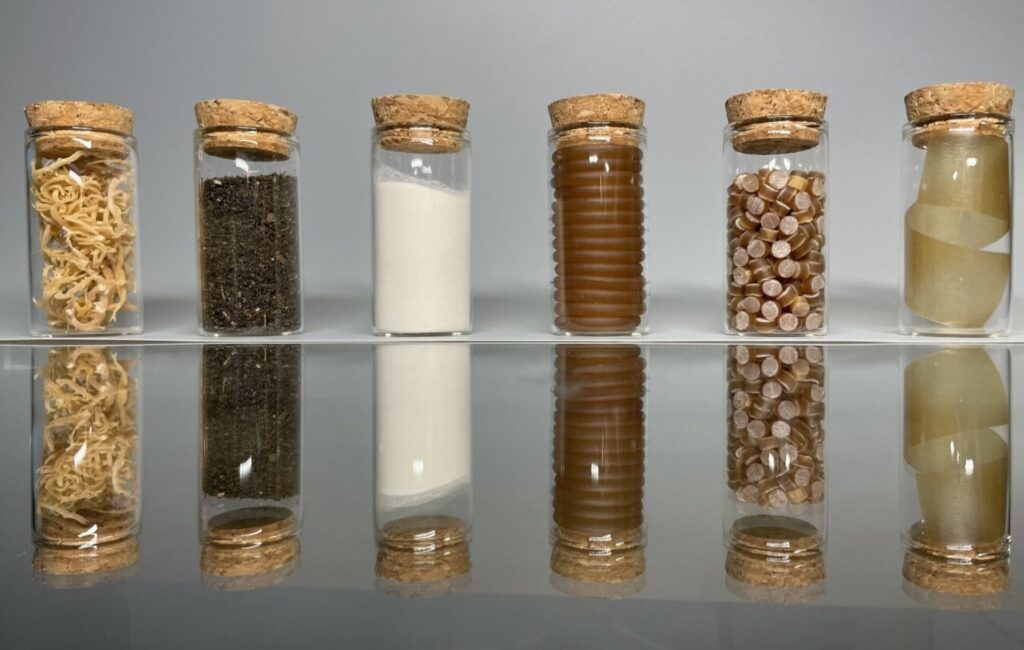
This image is property of www.imperial.ac.uk.
Development of Biodegradable Plastics
The inspiration for FlexSea’s innovative biodegradable plastics came to Carlo Fedeli, the co-founder of the company, during the COVID pandemic. As he witnessed the increasing amount of plastic packaging piling up at home due to online grocery deliveries, he became determined to find a sustainable solution to the plastic waste problem. After researching existing biodegradable plastics, he realized that many had shortcomings, such as slow decomposition rates and unsustainable production methods.
FlexSea’s answer to these challenges lies in the use of red seaweed as a sustainable source of material. Unlike brown seaweed, which is typically harvested from nature, red seaweed is more abundant and can be cultivated sustainably. By transforming red seaweed into thin-film plastic, FlexSea has created a transparent and flexible material that forms the foundation of their solvent-cast thin films.
Different Lines of Bioplastic
FlexSea has developed two distinct lines of bioplastic: thin transparent films and filaments/pellets. The thin transparent films are suitable for a wide range of packaging applications, both in the food and non-food sectors. These films offer the same functionality and durability as traditional plastics but with the added benefit of being completely biodegradable in marine and soil environments. Within 8-12 weeks, they can also be home-composted, further reducing their environmental impact.
In addition to the thin films, FlexSea has also developed filaments and pellets that can be used in extruders, injection molding devices, and 3D printers to produce rigid and semi-rigid items. Like the thin films, these materials are completely biodegradable and home-compostable.
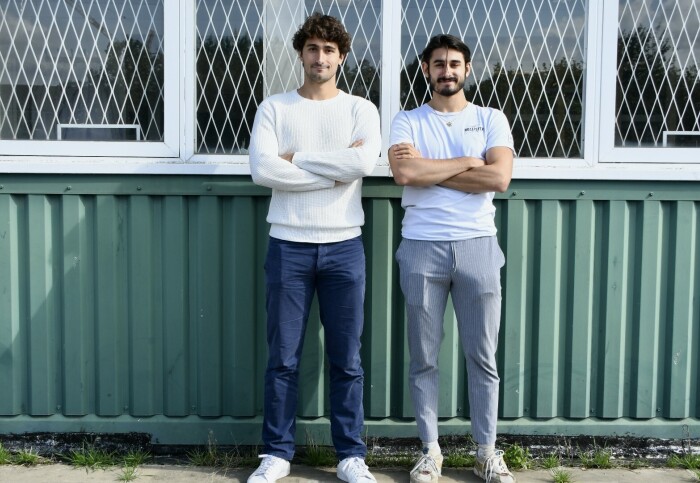
This image is property of www.imperial.ac.uk.
Sustainable Production Process
FlexSea’s commitment to sustainability extends beyond the composition of their plastics. The production process itself is designed to minimize the use of harsh chemicals and high temperatures. Instead, the company relies on renewable and natural ingredients, further reducing their environmental footprint.
Furthermore, all production scraps and offcuts are recyclable, providing a closed-loop solution. This commitment to sustainability throughout the entire production process ensures that FlexSea’s biodegradable plastics offer a truly eco-friendly alternative to conventional plastics.
Next Steps for FlexSea
With the £3 million investment secured, FlexSea is well-equipped to take the next steps in its journey. The company plans to continue its research and development efforts to expand its product offerings. This includes exploring different applications for its bioplastics and determining which products will be the first to hit the market.
To support this expansion and accelerate the research and development process, FlexSea plans to invest heavily in equipment and machinery. By expanding its capabilities in-house, the company aims to speed up the product development process and bring its innovative solutions to market as quickly as possible.
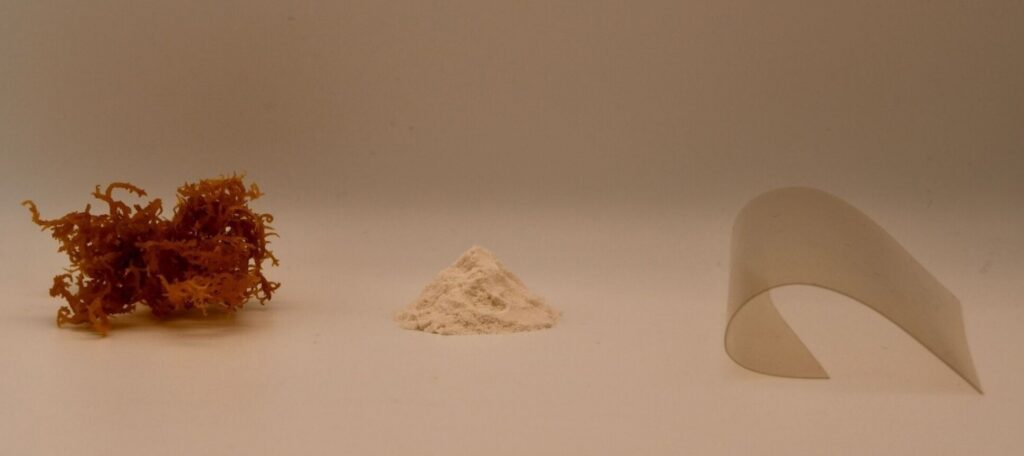
This image is property of www.imperial.ac.uk.
Grant Funding for Waste Management
In addition to the equity investment, FlexSea has also been awarded £1 million in grants from Innovate UK and other institutions. This funding will support the company’s work on a complementary technology that focuses on waste management. Specifically, it aims to address the waste produced when valuable products, known as hydrocolloids, are extracted from seaweed.
By developing a technology to valorize this waste and increase the circularity of the seaweed industry, FlexSea demonstrates its commitment to innovation and sustainability beyond its core product offerings.
Conclusion
FlexSea’s biodegradable plastics represent a revolutionary step forward in sustainable packaging solutions. With its recent £3 million investment, the company is poised to make a significant impact on the plastic pollution crisis and transform the way we consume plastic.
By developing bioplastics derived from seaweed, FlexSea offers a truly sustainable alternative to conventional plastics. These biodegradable materials break down within weeks in marine and soil environments, significantly reducing their environmental impact. Moreover, the production process employed by FlexSea relies on renewable and natural ingredients, providing a closed-loop solution that minimizes waste.
With the support of leading investors, including Indico Capital, FlexSea is well-positioned to continue its research and development efforts. By expanding its product offerings and bringing its innovative solutions to market, FlexSea has the potential to change the pattern of human consumption of plastic and shape the sustainability path of our planet.


